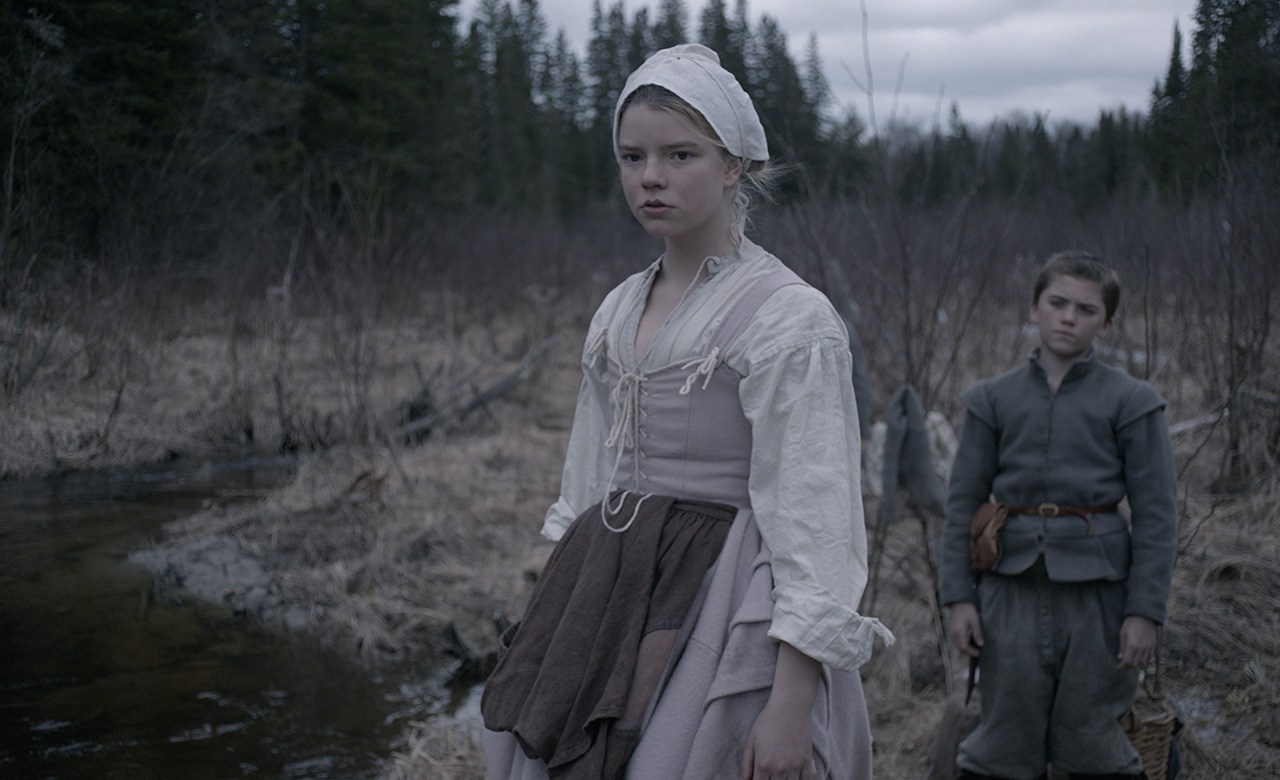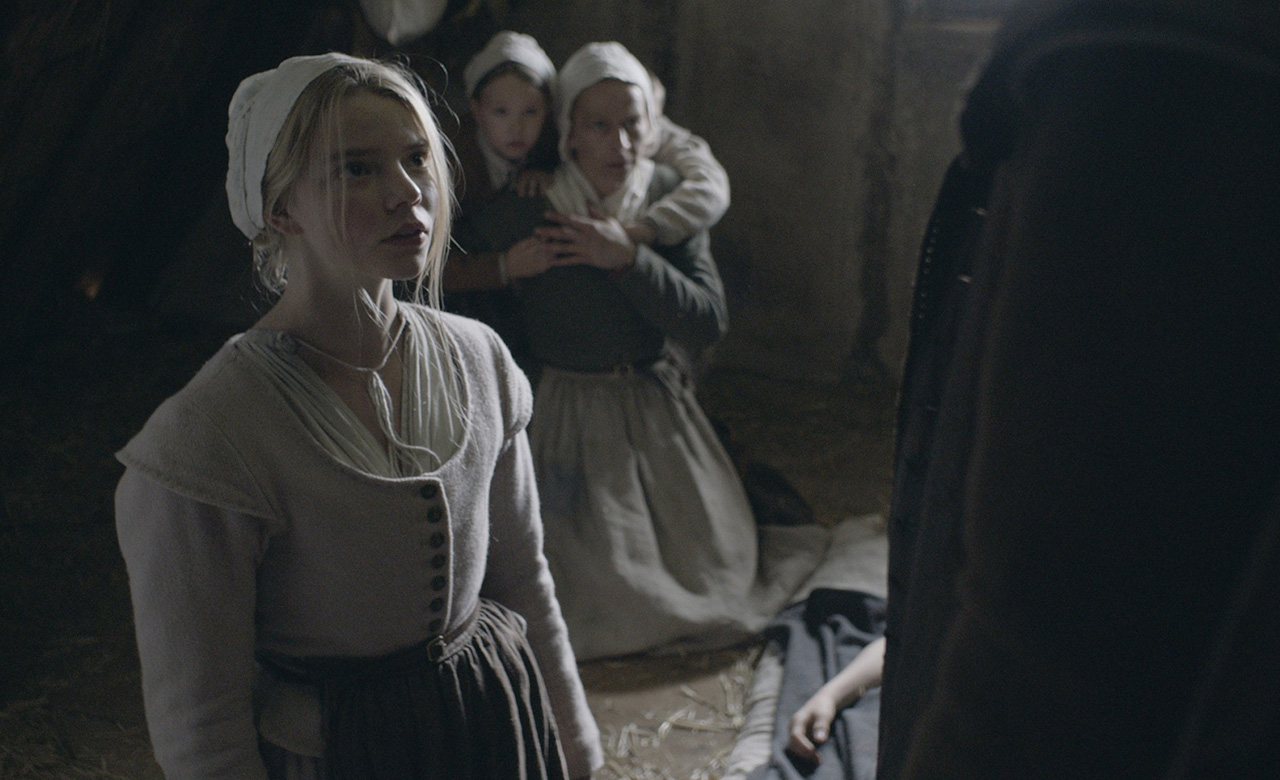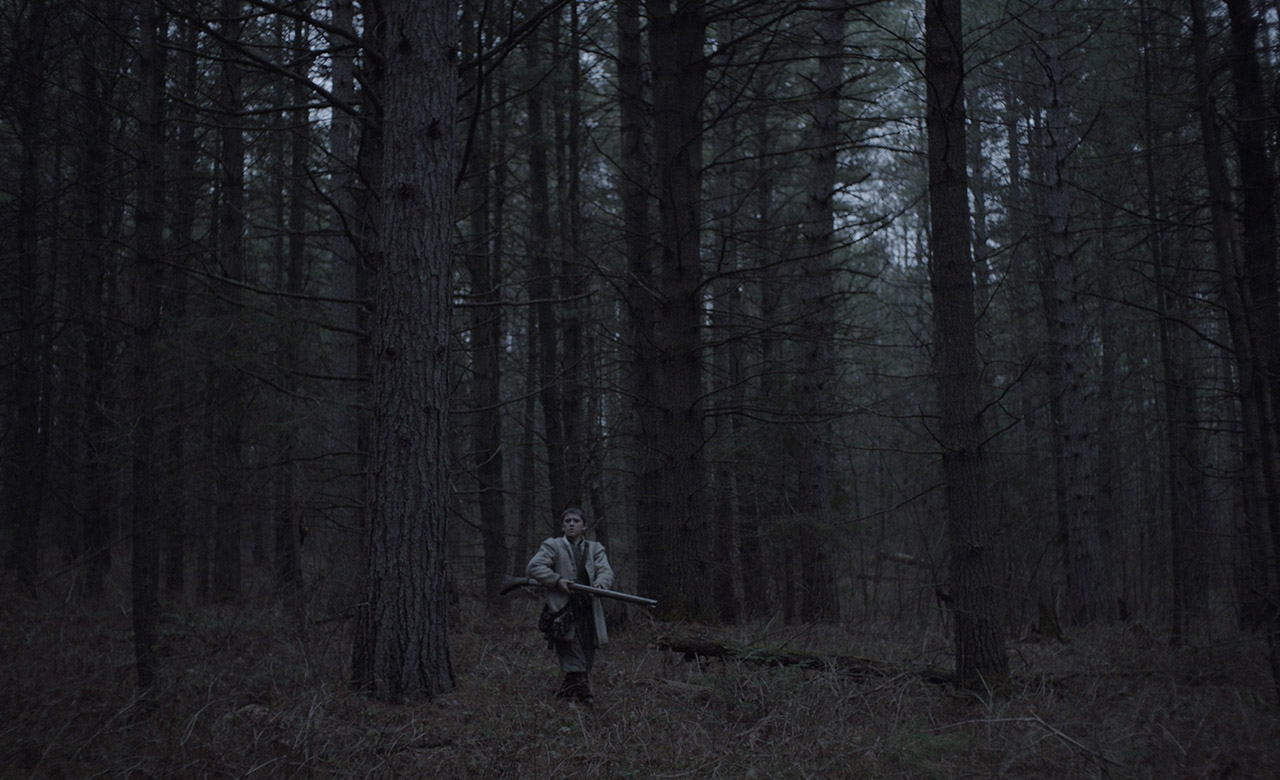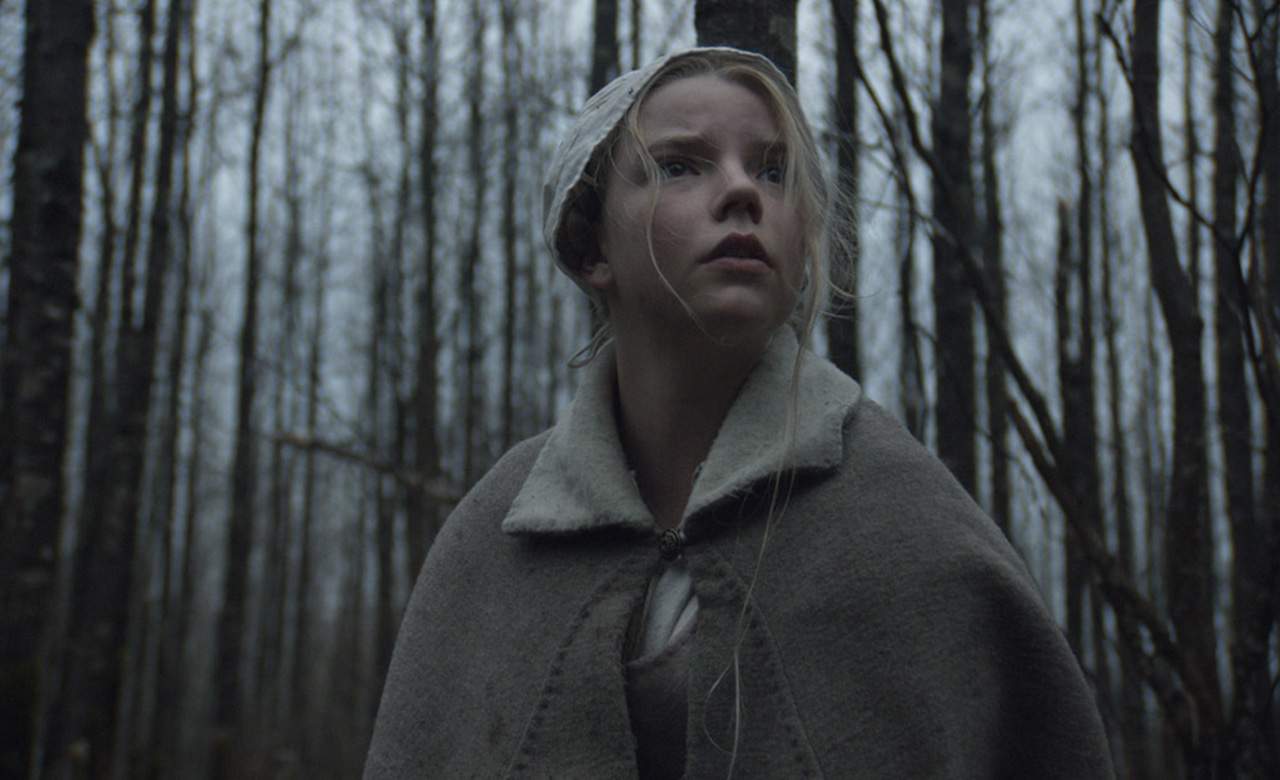The Witch Director Robert Eggers Talks Childhood Nightmares and Puritan Horror
Get inside the head of the first-time horror filmmaker who's getting snaps from both satanists and feminists.
"I had to believe that people wanted to watch a pilgrim horror movie set in early New England, but I didn't think that it would be like this," says Robert Eggers. Indeed, the first-time filmmaker couldn't have predicted the reaction to his debut effort, a labour of love that took four years to research and finance, plus another year to make, shoot and edit.
Since The Witch premiered at the 2015 Sundance Film Festival and won the dramatic directing award in the process, audiences and critics alike have been buzzing. Given that the film paints a nightmarish vision of a family haunted by loss and overcome with fear, complete with a creepy presence in the woods and some sinister livestock, there's certainly plenty to talk about.
There's the feature's approach, for example, with Eggers taking pains to faithfully recreate the movie's setting, period and language. The writer/director laughingly describes himself as "an annoying bearded hipster, but instead of making pickles, I'm going into the past", after all. Then there's the many interpretations of the tense and atmospheric effort, with The Witch hailed by feminists and Satanists alike over the past year. With the film releasing in Australia, Eggers spoke with Concrete Playground about his inspirations, his commitment to authenticity, the responses to the movie and its place in the horror genre.

ON DRAWING UPON THE CREEPY NEW ENGLAND WOODS FROM HIS PAST
"I grew up in New England and you know, these rural New England towns are sort of full of the past. It can't be ignored — there's all these dilapidated colonial farmhouses and graveyards in the middle of the woods. And like many New England kids that had a house in the woods, I felt like the woods was also haunted by the past.
"I was always very interested in witches. The earliest dreams of mine that I can remember are about witches. So I wanted to make an archetypal New England horror story, something that would feel like a nightmare from the past. Like an inherited nightmare, an inherited puritan nightmare that would sort of awaken ancient half-forgotten fears, and articulate the idea of New England's mythic past that I had as a kid."

ON PLUNGING THE FILM BACK TO PURITAN TIMES (AUTHENTICALLY)
"I love the past, and I love antiques, and I love learning about how people lived and the history of how things were made. When I went to the Globe Theatre reconstruction in London, to their museum, they had a doublet that was made out of a kind of silk that is so insanely perfect. And no one knows how to make silk like that any more — the people who made that have all died and it can't be done
"Things like that are very interesting to me. So, I can fetishiSe objects and that makes me happy personally. But authenticity doesn't mean good design or good filmmaking at all. Some films that I love aren't authentic in any way, they're just good.
"With this film, I really felt that if the witch was going to be real, if the evil witch was going to be real for an audience and she was going to come across as a given the way she did for these New England Calvinist puritans, we needed to go back to the 17th century and really be immersed — and really believe and be in their mindset. And without the attention to detail across the board, we wouldn't have been able to invest as an audience."

ON GETTING SIMULTANEOUS SNAPS FROM SATANISTS AND FEMINISTS
"I was just trying to tell a story about how this kind of family from this period would actually have believed witchcraft to be. In doing that, I discovered a lot of different things. Feminism was bursting out of the pages of history, and while I didn't intend to make a film about female empowerment, it seems that if you're telling a witchcraft story, that's kind of what you're doing — and I'm pleased with that, very pleased with it.
"I aimed for archetypal storytelling. And if they work at all, then archetypes are always reconstituting again. I mean, lots of people are talking about lots of different kind of feminist issues. There are Satanists who like the film. I got an email from a Calvinist pastor who loved the film. I've had people ask me if I was thinking about Syrian religious refugees. Whatever you want to read into it, I'm happy with it."

ON THE WITCH'S PLACE IN THE HORROR LANDSCAPE
"I think that most horror films aren't this boring, you know? We tend to like to romanticise the past and say, 'Well Rosemary's Baby and The Exorcist and The Shining, well you know those are those great films.'. And we remember them, but we don't remember the trillions and zillions of horrible movies that sucked.
"As a first time filmmaker, I think some of my influences are maybe too clear. I think this film smells like The Shining in a strong way, but I think that some of the effectiveness of certain parts might not exist without that. That's a film that I watched a ton in my mid-twenties when I was trying to really to make something which sustained tension."
The Witch is now showing in Australian cinemas.





